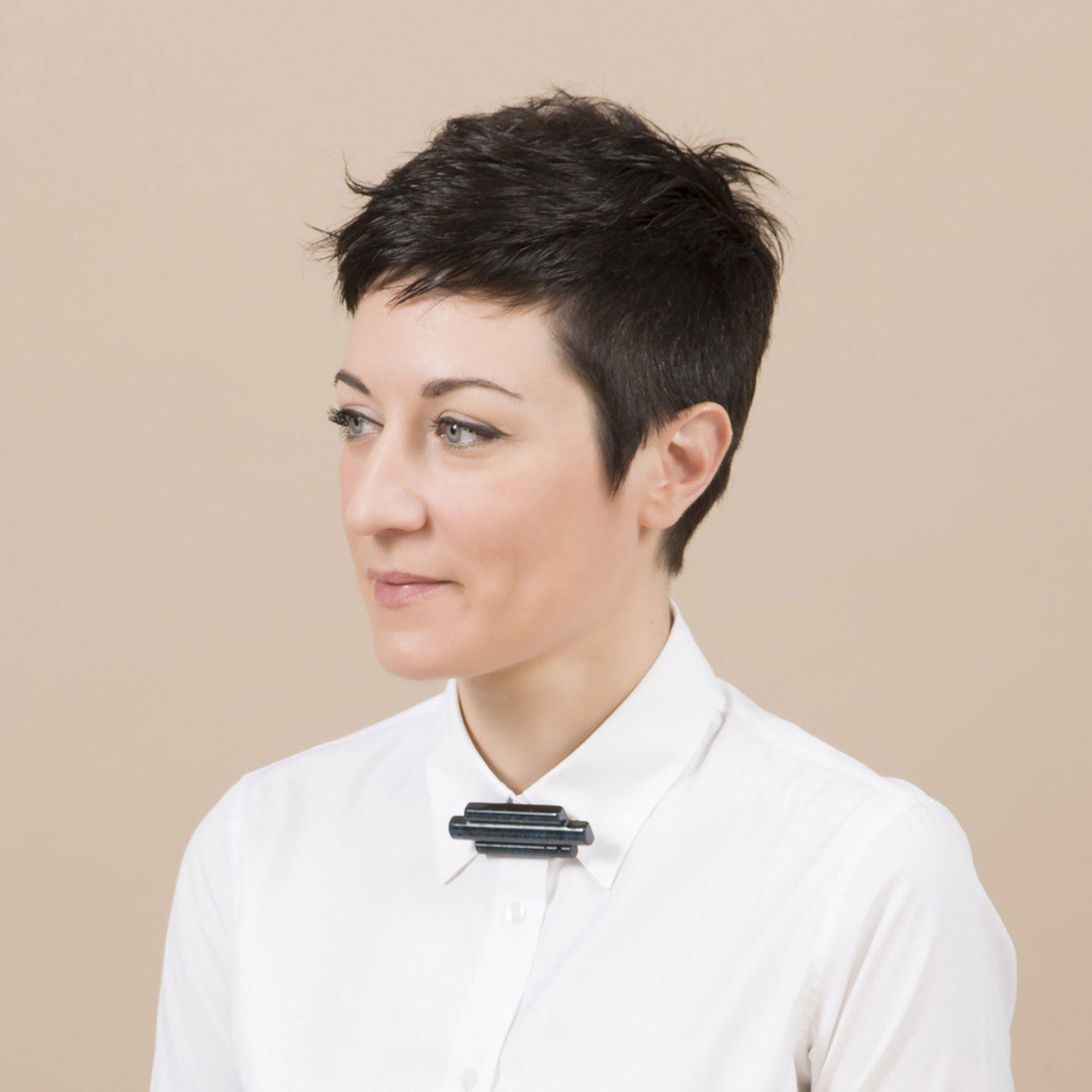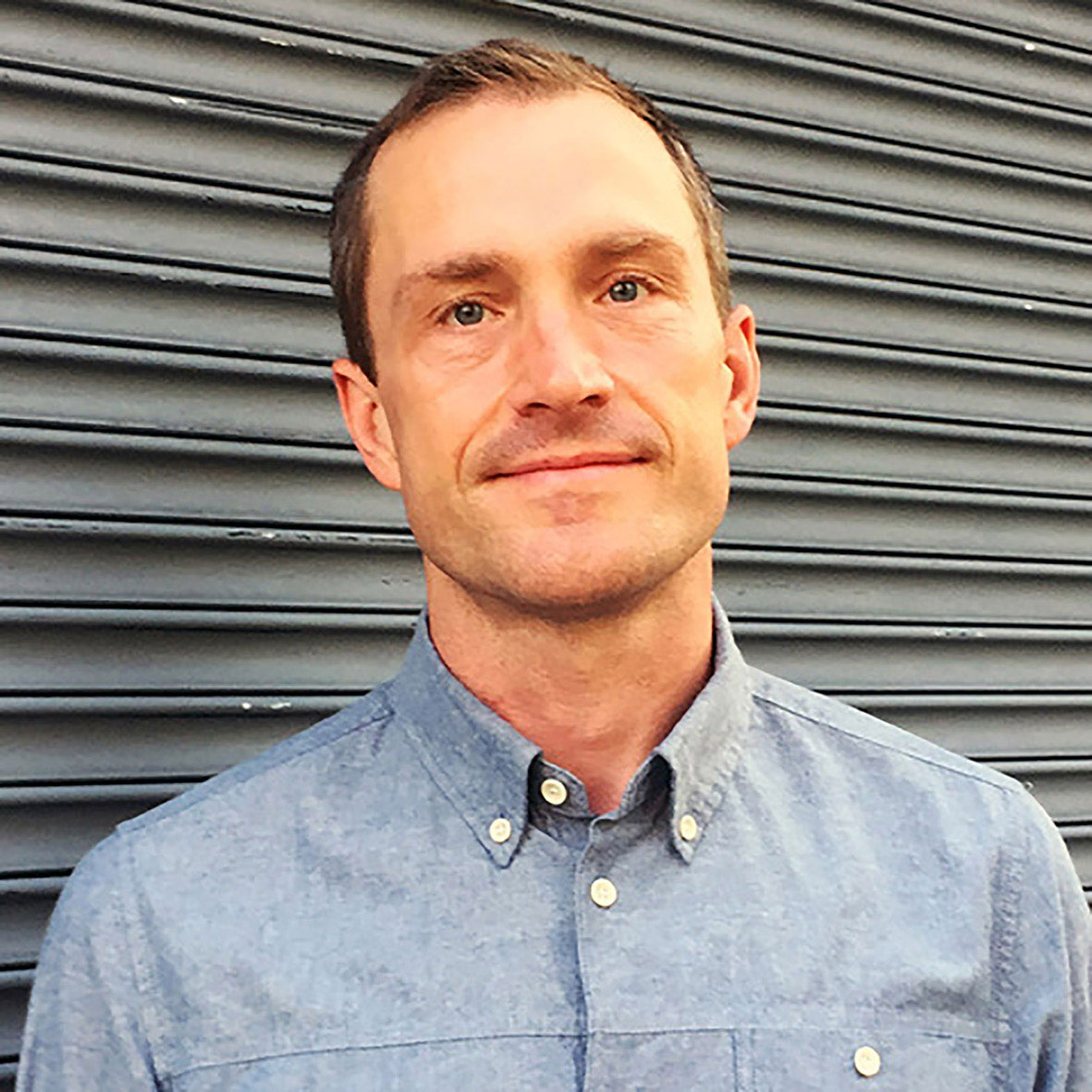Design PhD 2022 Summer School
15, 16, 17, 20, 21 June 2022
DESIGN IN TIMES OF CRISIS
Inquiring the role, agency, and responsibility of Design for decolonising, (un)knowing, and world-building
The Summer School
With the pandemic striking our usual way to think (about) the future, this may be the opportunity to better understand the huge potential of future literacies as a methodological tool to convey concepts and information in rethinking knowledge boundaries.
Located at the intersection of the material, the cultural, the epistemic, the ontological, the technological, the philosophical, the political, design (as a discipline, practice, and domain) contains the seeds of the capacity for becoming an agent of radical transformation and generative production. It can do that on the condition that it becomes also a medium of critical inquiry, unleashing its capacity to interrogate the present and build new worlds, beyond the overwhelming deterministic visions pushed by contemporary socio-technical and socio-economic systems.
It might lead to an inter-, trans-, post-disciplinary exploration exploring the role, agency, and responsibility of design in showing unexpected (im)possible directions of change.
It might be a meta-knowledge inquiry about Research through Design (RtD) within the perspective of decolonizing knowledge, unfolding the opportunities of (un)knowing, and world-building.
It might be an investigation of how speculative and critical approaches can be deployed to rethink futures in light of theories and the practices coming from other disciplines.
Open Event: DESIS Philosophy Talk
The DESIS Philosophy Talk of the Summer School is an open event with international speakers. If you are not attending the course as an enrolled student you can attend the open lecture by signing up for a Free Ticket via Eventbrite.
The school aims at discussing an idea of design research that moves away from an exclusive positivist vision that tends to assimilate it stricto sensu to a conventional scientific approach.
Therefore, the School embraces the collaborative studio format within the doctoral didactic path. It intends to sustain doctoral students’ capabilities in applying their competencies and expertise, to develop an investigation of their own research theme and process as an unscripted assemblage of epistemological, experimental, and cognitive models, and a codification of non-textual knowledge and practices, including negative and tacit knowledge, learned ignorance, and biases.
The School offers stimulating lectures and collaborative activities where students, working in teams, will have the opportunity to integrate, through a peer-to-peer exploration and discussion, the insights provided by a Guest lecturer and a Keynote Event, and a collective + individual exercise.
The Summer School is further enriching the collaboration beetween a network of 6 PhD programmes in Design, spanning Northern and Southern Europe and the USA. The Summer School is in fact part of the “DoCS4Design – Doctoral Courses System for Design” research project, co-funded by the Erasmus+ programme of the European Union.
Also, the 2022 edition will host a collaboration with “FUEL4Design – Future Education and Literacy for Designers” research project, co-funded by the Erasmus+ programme of the European Union and the School will open with the Keynote Event “DESIS Philosophy Talk. The DESIS Philosophy Talks are an initiative of Ezio Manzini & Virginia Tassinari of the DESIS Network – Design for social innovation and sustainability, aiming to nurture the dialogue between design & philosophy and between practice & theory.
The Summer School will propose an in presence classroom educational approach. This approach aims to enable open knowledge dynamics, through practices of peer-to-peer exchange and sharing. Part of the goal is to rethink the educator’s role, which should not be intended anymore as a “master” (in the classical sense), but rather as a “mentor”: a guide into the intricate art of heuristics. This approach is particularly relevant today, as the quantity of knowledge exceeds the individual capability of mastering it and therefore a critical attitude becomes a necessary tool to address complexity.
The School will deal with critical discourse involving
CRITICAL FEEDBACK
Expressing opinions and comments which can generate a useful debate
CRITICAL CONTEXT
Give background to critics and questions, starting by specific sectors or disciplines
PARTICIPANTS
The School will be held in a condensed format and it is open to doctoral students:
- PhD candidates from the PhD programmes of Politecnico di Milano
- PhD candidates at their 1st or 2nd year of doctoral studies and from the following institutions: Doctoral Programme of Aalto School of Art, Design and Architecture | Aalto University, Helsinki – Finland PhD in Transition Design, School of Design | Carnegie Mellon, Pittsburgh – USA
- PhD in Design, Institute of Design | IIT Illinois Institute of Technology, Chicago – USA
- PhD in Design Engineering, Dyson School of Design Engineering | Imperial College, London – UK TU Delft Graduate School, Faculty of Industrial Design Engineering | TU Delft, Delft – The Netherlands
LOCATION
The Summer School will be attended in presence at Politecnico di Milano.
Campus Durando. Building B2 – Room B2.0.1 | Via Durando 10, 20158 – Milano
DESIS Philosophy Talk #7.7
The Politics of Nature
More-than-human futures:
new epistemological frameworks for designing in times of crisis
June 15th, 4 - 6.30pm CEST
Campus Durando. Building B1 – Room Castiglioni, 3rd floor
Via Durando 10, 20158 – Milano
You can attend the open event signing up for a Free Ticket via Eventbrite.
The DESIS Philosophy Talks are an initiative of Ezio Manzini & Virginia Tassinari of the DESIS Network – Design for social innovation and sustainability, aiming to nurture the dialogue between design & philosophy and between practice & theory. This talk is part of the last series dedicated to the topic of post-anthropocentric design; it brings in conversation the Politecnico PhD programme in Design with leading contemporary philosophers, anthropologists and design researchers.
Concept: Facing the Anthropocene for designing today means not only to recognise where design works as a de-futuring dispositive, but also where designing can prototype different ways of living (well) together and help to think and act otherwise, learning to care for one another. For design to step beyond anthropocentrism and become a (reflective) practice of care – working in a way that makes the same possibility of a future possible – we designers need to be aware of the epistemological paradigm we engage with, and look for/contribute to form a conceptual framework that deep engages with care, and step back from the anthropocentric, dichotomic, Western-centric, patriarchal one-world image from which design as deterring derives.
To prototype different ways of living (well) together, we first need to envision alternatives, possibilities of multispecies coexistence, where there is a careful inter-action between all actors (humans but also more-than-human ones). Designing’s ability to open up alternatives and make them viable is pivotal for designing in a non-anthropocentric way. It is currently becoming more and more clear that to show alternatives, crafting visions of futures where multi-species coexistence is made tangible, has a key role for designing today. What we are also becoming more and more aware of is its political character. This is particularly the case for those design experimentations which deal in a conscious way with designing’s political agency – such as for instance those belonging to the traditions of design for social innovation and participatory design, aiming at including citizens to collaboratively contribute to the construction of a common world. Crafting futures can there have a pivotal role in opening up the social imagination and go beyond the idea of the future as being on the one side a mere continuation of (the mistakes of) the past, on the other side a singular, univocal, objective idea of “one” future. In a world where many world projects fit, we need an idea of future that is open, Pluriversal and patchy enough to fit many visions of futures. This exercise of stretching the social imagery is necessary to enable active citizens caring for one another and for their own environment, so continue to the construction of a word common to many. This makes of futures a key player for designing politically today, in a way that not only enables the co-creation of a common word, but also of a common world common to many world-making projects (both human as well as more-than-human ones). Considering this (cosmo)political agency is probably one of designing’s more consistent challenges facing the Anthropocene. To design futures from a non-anthropocentric perspective can therefore be pivotal in many and different kinds of design experimentations aiming to work politically, and yet willing also to consider politics beyond the solely human realm. We are all entangled. Futures can enable us to acknowledge this entanglement and support us to act (politically) from this awareness.
And yet, what does it concretely mean to designing futures from a non-anthropocentric perspective? If the anthropocentric, Western-centric, dichotomic epistemological framework from which design as de-futuring has been originated ought to be critiqued, which other epistemological frameworks are needed to imagine designing otherwise? Which philosophical concepts can help us to step and design beyond anthropocentrism?
Adam Nocek will start the conversation by questioning design as de-futuring, thus also its patriarchal, Western-centric, anthropocentric epistemological framework and its politics and investigating possibilities for designing within other epistemological frameworks and the (cosmo)politics they involve. During this DESIS Philosophy Talk, designers working with futures and consistently dealing with the (cosmo)politics of their work, will address the (cosmo) political agency of designing futures, and investigate both their epistemological frameworks and well as their transformative, regenerative potential for our present world. Anab Jain, Delfina Fantini von Ditmar, Thomas Pausz and Rachel Armstrong will explore how in their work they question the current epistemological design framework and look for alternative ones, and the politics they involve.
Join our conversation offline or online!
Programme:
4:00 – 4:10 Welcome and introduction
4:10 – 4:40 Adam Nocek (in presence)
4:40 – 4:45 Philosophical questions
4:45 – 5:00 Delfina Fantini von Ditmar (streaming)
5:00 – 5:15 Rachel Armstrong&Rolf Hughes (streaming)
5:15 – 5:30 Thomas Pausz (streaming)
5:30 – 5:45 Anab Jain (streaming)
5:45 – 6:30 Open discussion
Sum up and closing words
Curator

Virginia Tassinari
Adjunct Professor at the LUCA School of Arts (Belgium) and at the School of Design of Politecnico di Milano (Italy).
Board member of the International Coordination Committee of DESIS Network
Her work focuses on researching how philosophy can contribute to the contemporary design research discourse. She is also working as a design researcher in the design studio Pantopicon, experimenting on new ways to generate participation in the public realm. She is a board member of the International Coordination Committee of DESIS Network (Design for Social Innovation and Sustainability) and co-initiator of the DESIS Philosophy Talks, a series of discussions on design research & philosophy; she has been a board member of Cumulus Association. She recently published with Eduardo Staszowski Designing in Dark Times. An Arendtian Lexicon, Bloomsbury (2020).
Contributors





Anab is also a Professor forDesign Investigations at the University of Applied Arts, Vienna. Her work can be found at www.Superflux.in


For more information visit: www.pausz.org





Guest Lecturer

Betti Marenko
Reader in Design and Techno-Digital Futures, University of the Arts London (UK) + Contextual Studies Programme Leader, BA (Hons.) Product Design. Central Saint Martins, University of the Arts London (UK) + WRHI Specially Appointed Professor, Tokyo Institute of Technology (Japan)
At the intersection of process philosophy, design studies and the critique of technologies Betti’s transdisciplinary approach studies the relations of design, society and culture and their role in shaping futures. Her work appears in conferences worldwide, edited volumes, peer-reviewed journals. She is the co-editor of Deleuze and Design (2015) and Designing Smart Objects in Everyday Life (2021).
Faculty

Chiara Colombi, PhD
Associate Professor,
Department of Design,
Politecnico di Milano
Her research interests concern knowledge creation processes, codification of meta-design research praxis and development of merchandising systems in “culture intensive” industries, with a specific focus on the fashion sector.

Jonathan Chapman, PhD
Full Professor,
Director of Doctoral Studies,
School of Design, Carnegie Mellon
Chapman is Full Professor & Director of Doctoral Studies at Carnegie Mellon University’s School of Design. His research shapes design paradigms for longer-lasting products and experiences—an approach he calls “emotionally durable design.” He works with global businesses and governments, from Philips and COS, to the House of Lords and the UN—advancing the social and ecological relevance of products, technologies, systems, and policies.

Manuela Celi, PhD
Associate Professor,
Department of Design,
Politecnico di Milano
Her research interests are concentrating on the relationship between design and futures deepening the methodologies of trends, scenarios, advanced design and design fiction. Actually she’s head of research for Polimi in the FUEL4Design Erasmus+ project that aims at developing knowledge, resources and methods to help young designers designing for complex tomorrows.
Tutors

Ammer Harb
PhD candidate, Fellow Researcher
Design Department
Politecnico di Milano

Erminia D’Itria
PhD candidate, Fellow Researcher
Design Department
Politecnico di Milano
Programme
The School includes stimulating lectures and collaborative activities where students, organized in small groups, will have theopportunity to integrate, through a peer-to-peer exploration and discussion, the insight provided by the Keynote and Guest Speakers and a collective+individual exercise.
The programme and the open lectures are based on the Central European Summer Time (CEST)








